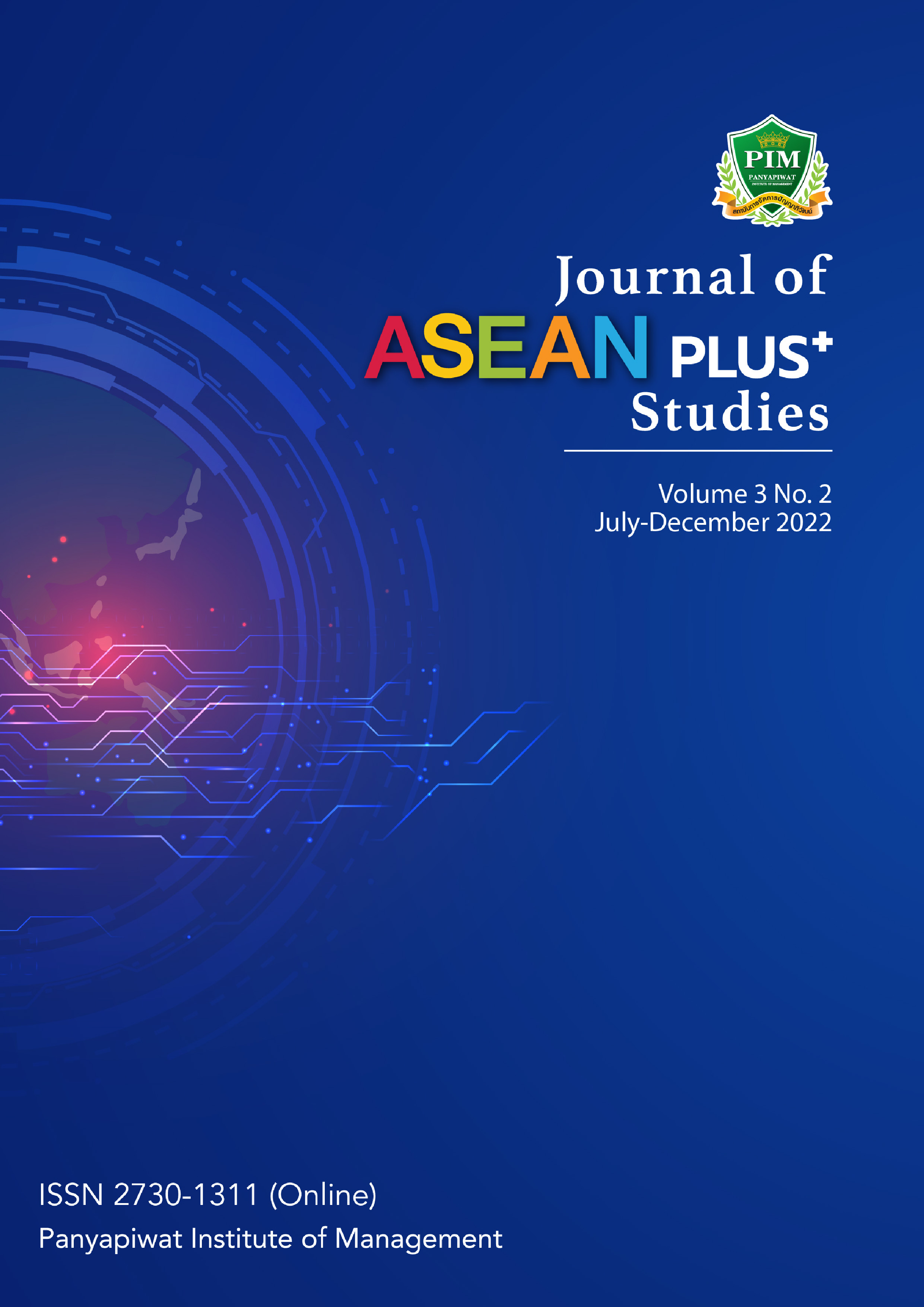Closed-Door Policy of the Qing Dynasty and China’s Defeat in the First Opium War
Keywords:
Closed-Door Policy, , Qing dynasty, The First Opium WarAbstract
The implementation of the closed-door policy in the Qing dynasty and China’s defeat in the Opium War also affected the country’s development in terms of politics, administration, military, and foreign affairs including economy and society. Among the problems were bureaucratic corruption, incompetent rulers, a recession of traditional economic systems, outdated military systems, weapons, and equipment, as well as diplomatic neglect with Britain and the Western powers. In addition, the problems that accumulated within the country from the beginning of the Qing dynasty were all important factors that contributed to the total defeat of China in the Opium War.
References
Fairbank, J. K. (1992). China: A New History. Cambridge, Mass.: The Belknap Press of Harvard University Press.
Han, Z. (2002). Lessons from the Frist Opium War. Journal of Zhengzhou Institute of Aeronautical Industry
Management (Social Science Edition), 21(4), 37-39.
Harrison, H. (2001). China: Inventing the Nation. Edited by Keith Robbins, Invention the Nation. London: Arnold, a
Member of the Hodder Headline Group.
Jiang, Z. (1990). The Qing Dynasty’s Policy of “Defend Against Civilian More Than Against Pirates” Reason for Loss of
the Opium War. Journal of Northwest Minorities University (Philosophy and Social Science), 3, 71-74.
Li, D. (1990). Social Cause for the Loss of the Opium War. Journal of Yunnan Normal University (Humanities and
Social Sciences), 3, 30-33.
Liu Q. (2002). Corruption the Reason for Loss of the Opium War. Journal of Wuzhou Teacher College of Guuangxi,
(3), 21-23.
Shen, B. (1993). Reason for the Loss of the Opium War from the Coast Defense in the Qing Dynasty. Journal of
Hangzhou University, 23(2), 86-91.
Sui, X. (1990). Corruption: Analysis of the Reasons for China’s Loss in the Opium War. Journal Social Science of
Beijing, 4, 58-62.
Sun, S. (1997). Emperor Daoguang and the Loss of the Opium War. Journal of Ningbo University (Liberal Arts Edition),
(2), 20-23.
Xu, H. (1990). Decay Leads to Failure-Commemorating the 150th Anniversary of the Outbreak of the Opium War.
Journal of Zhumadian Shizhuan College (Social Science Edition), 4(13), 62-67.
Yang, G., & Li, C. (1990). Reasons for the Loss of the Opium War and Historical Enlightenment. Journal of Bohai
University (Philosophy and Social Science Edition), 3(5), 22-25.
Yao, W. (2015). Wei Yuan and the Modern Transition of “HUA-YI Distinction”. Journal of Shaoyang University (Social
Science Edition), 14(6), 10-13.
Zhang, X. (2019). Historical Analysis of Loss in the Opium War Based on Materialistic Theory. Theory Research, 8, 119-






